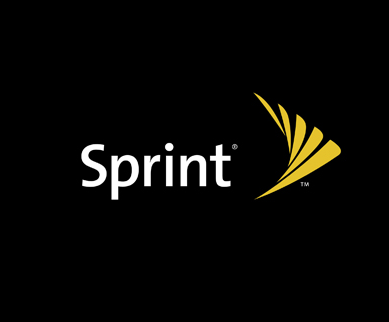Wireless industry investors are likely transfixed by Sprint Nextel Corporation (NYSE:S)‘s current limbo regarding acquisitions and suitors. Beyond overt headlines, Sprint has a covert secret that makes its business more interesting for the long term — and even transformative for the wireless industry at large. Given this factor, I wish I could put Sprint on the watchlist for the real-money Prosocial Portfolio I’m managing for Fool.com.
However, I am paying attention to this stock, but I just can’t buy. Here’s why.
Headline drama
Who will acquire Sprint Nextel Corporation (NYSE:S) has been making major headlines this week. Japan’s SoftBank made a $20.1 billion offer for the wireless company, but DISH Network Corp. (NASDAQ:DISH) made an unsolicited $25.5 billion offer.
DISH has criticized the SoftBank deal, floating the argument that if the Japanese company buys Sprint, it could open the U.S. up to security issues, such as Chinese cyberattacks.
Regardless, this week a U.S. security committee cleared the SoftBank deal despite the hysteria. Meanwhile, Clearwire Corporation (NASDAQ:CLWR) , a provider of 4G services, has postponed its shareholder vote regarding Sprint Nextel Corporation (NYSE:S)’s overture to buy its remaining stake for $3.40 per share, citing DISH Network Corp. (NASDAQ:DISH)’ bid to buy it for $4.40 per share.
This situation is messy as it is.
Mobile power
I wish it wasn’t so. Sprint CEO Dan Hesse has impressed me with his forward-thinking views on the transformative powers of the wireless industry as well as green initiatives already in action.
At the beginning of May, Ceres’ annual sustainability conference in San Francisco brought together representatives from investment firms, major corporations, and various non-governmental organizations. The goal was to discuss the opportunities and threats related to climate change.
Hesse was one of the speakers, and he pointed out that the wireless industry is driving us to an interesting future, which we may not always recognize while we post on Facebook Inc (NASDAQ:FB), share our photos, play Words with Friends, or text our buddies. It’s already changing the way people use health care, education, and banking, for example. Some of the new technologies enable positive social impacts as well as environmental ones.
He pointed out that messaging can warn the Red Cross about disease impacts or natural disasters, and when Haiti’s tragic earthquake occurred, mobile users could easily text disaster relief donations. Mobile applications can help us use our own resources more efficiently, too. Take GPS systems that allow people to circumvent traffic and waste less fuel. Wireless applications could also allow for quick rescheduling of traffic lights given traffic loads, further easing congestion.
Even beyond far-reaching impacts from wireless technology overall, Sprint Nextel Corporation (NYSE:S) has plenty of initiatives that have been ahead of the curve. It’s saved 700 tons of paper through its eco-friendly, reusable envelope. It has come up with initiatives to reduce packaging size (and, therefore, save fuel and other transportation costs) and it utilizes environmentally friendly recycled materials and soy-based inks. Such initiatives not only reduce carbon footprints but they also reduce costs over the long run.
Hesse pointed out a sad fact from participating in 20 quarterly conference calls with investors as Sprint Nextel Corporation (NYSE:S)’s CEO: He’s never been asked about sustainability initiatives. He cemented what many of us knew already: Short-term traders focus on shareholder return and disregard stakeholder return.

